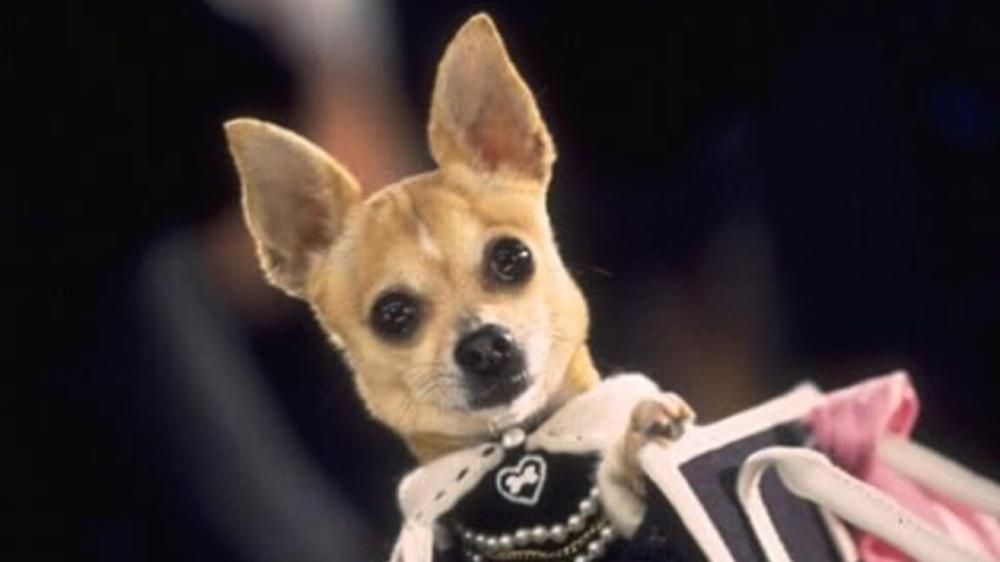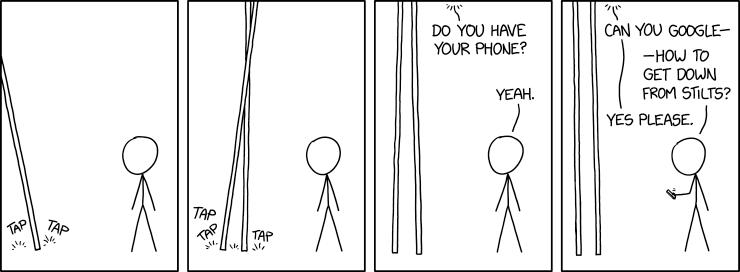Every dog owner knows that canines are natural scavengers and that vigilance is required to ensure they don't eat toxic substances. But accidental ingestions still happen—like the chihuahua who vets discovered had somehow managed to ingest a significant quantity of cocaine, according to a case study published in the journal Frontiers in Veterinary Science.
There have been several studies investigating the bad effects cocaine can have on the cardiovascular systems of both humans and animals. However, these controlled studies are primarily done in laboratory settings and often don't match the messier clinical realities. "Case reports are crucial in veterinary medicine by providing real-world examples," said co-author Jake Johnson of North Carolina State University. "They capture clinical scenarios that larger studies might miss, preserve unusual presentations for future reference, and help build our collective understanding of rare presentations, ultimately improving emergency preparedness and treatment protocols."
In the case of a male 2-year-old chihuahua, the dog presented as lethargic and unresponsive. His owners had found him with his tongue sticking out and unable to focus visually. The chihuahua was primarily an outdoor dog but was also allowed inside, and all its vaccines were up to date. Examination revealed bradycardia, i.e., a slow heart rate, a blue tinge to the dog's mucus membranes—often a sign of too much unoxygenated hemoglobin circulating through the system—and dilated pupils. The dog's symptoms faded after the vet administered a large dose of atropine, followed by epinephrine.
Then the dog was moved to a veterinary teaching hospital for further evaluation and testing. A urine test was positive for cocaine with traces of fentanyl, confirmed with liquid chromatography testing. The authors estimate the dog could have snorted (or ingested) as much as 96 mg of the drug. Apparently the Chihuahua had a history of ingesting things it shouldn't, but the owners reported no prescription medications missing at home. They also did not have any controlled substances or illegal drugs like cocaine in the home.
In the end, the chihuahua recovered nicely, and the vets advised the owners to fit him out with a basket muzzle when he was not being actively monitored, to protect the dog from its impulse to eat bad things. The case is interesting in part because of the dog's low heart rate in response to the cocaine; the drug typically causes the heart rate to race much faster than normal. "The net cardiovascular effect of cocaine in canines remains complex," the authors concluded, calling for further research into the long-term effects on the cardiovascular system for dogs accidentally ingesting the drug."
Per Johnson, there are several common-sense preventive measures dog owners can take to protect their pets. For instance, keep your dog on a leash during walks and monitor anything the animal happens to pick up and/or consume. Training dogs to respond promptly to commands like "leave it!" or "drop it!" are also valuable and could potentially save an animal's life. And if your dog does happens to ingest cocaine or similar substances despite these efforts, take them to the vet immediately and be completely honest about the circumstances—yes, even if the drugs were yours.
"A major misconception in toxicology research, particularly with illicit substances, is that veterinarians will judge owners or report them to authorities if they admit their pet may have ingested drugs," said Johnson. "This fear prevents crucial information sharing that could save lives. Being honest about potential exposure can be lifesaving. The more information you can provide about what, when, and how much your pet may have consumed, the better we can tailor treatment and monitor for specific complications. What matters most is getting your pet immediate help, not assigning blame."
DOI: Frontiers in Veterinary Science, 2025. 10.3389/fvets.2025.1622850 (About DOIs).

 Predicament
Predicament